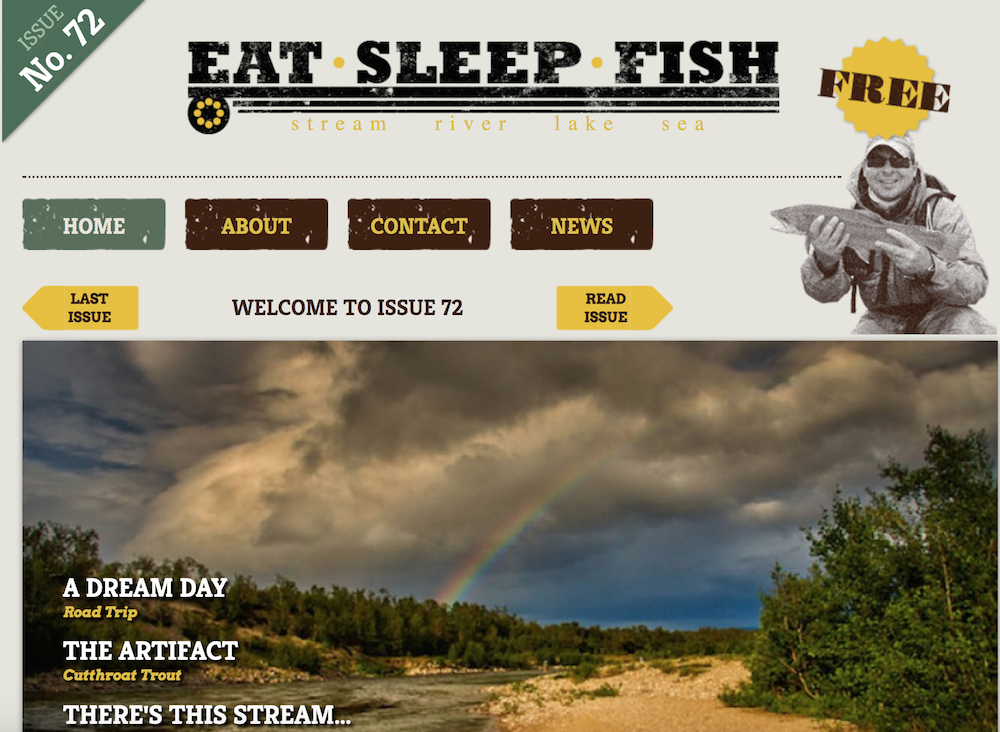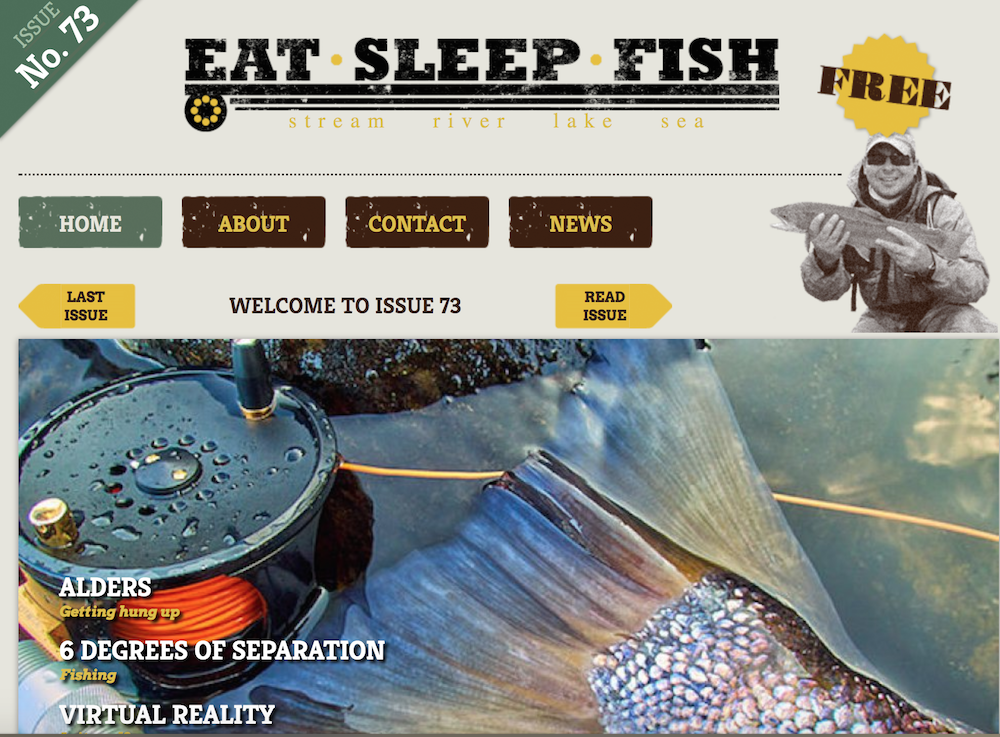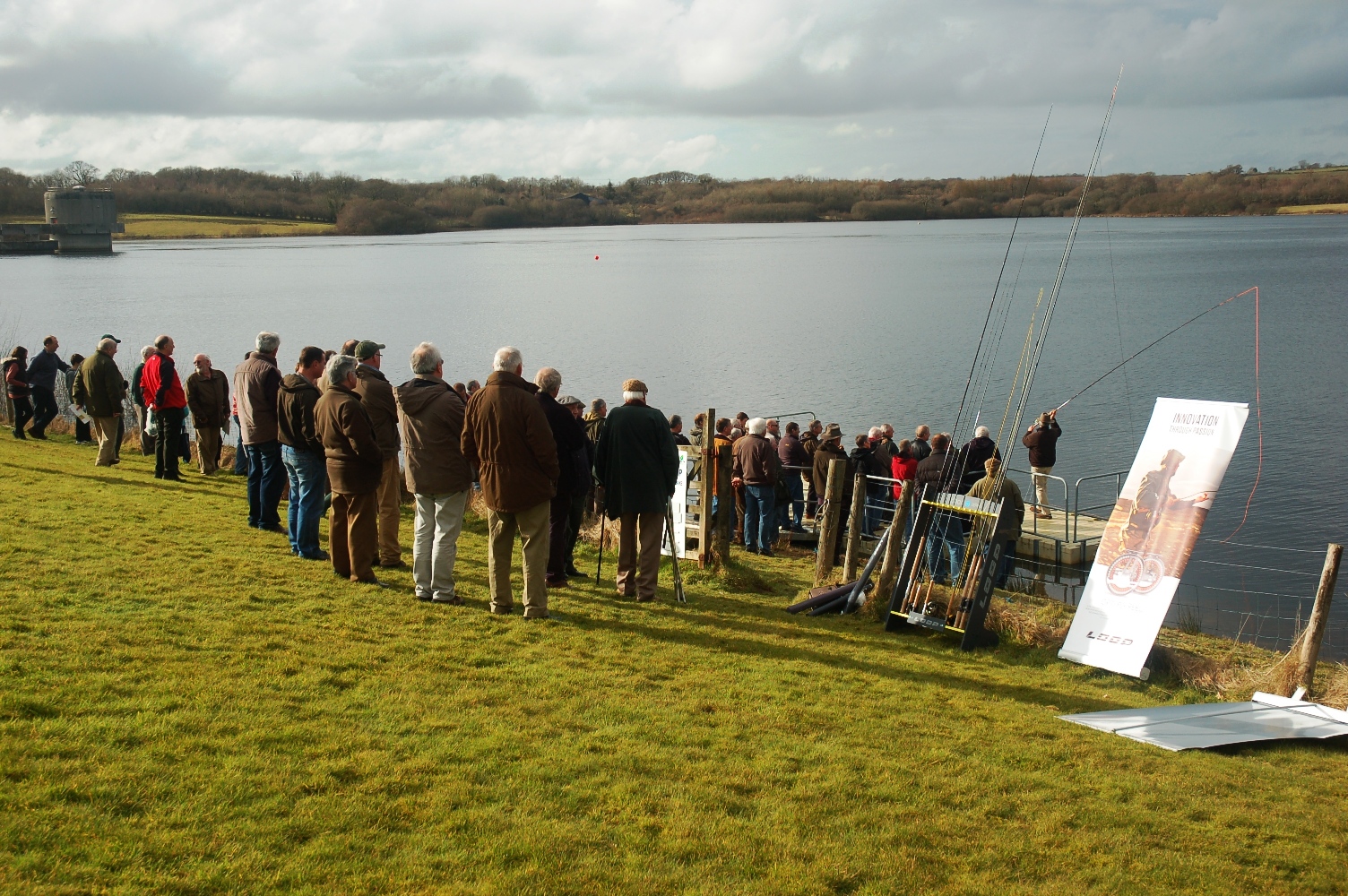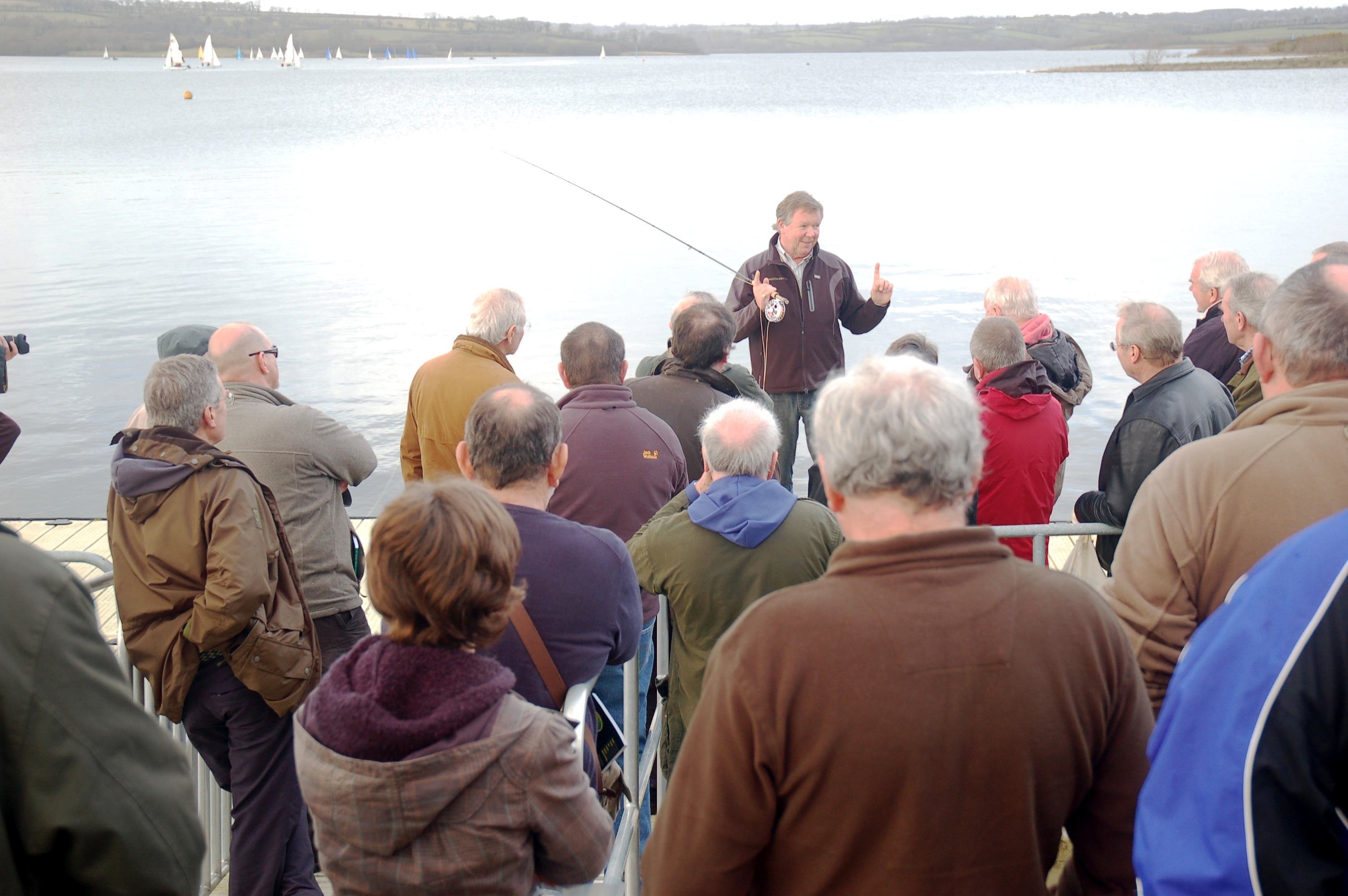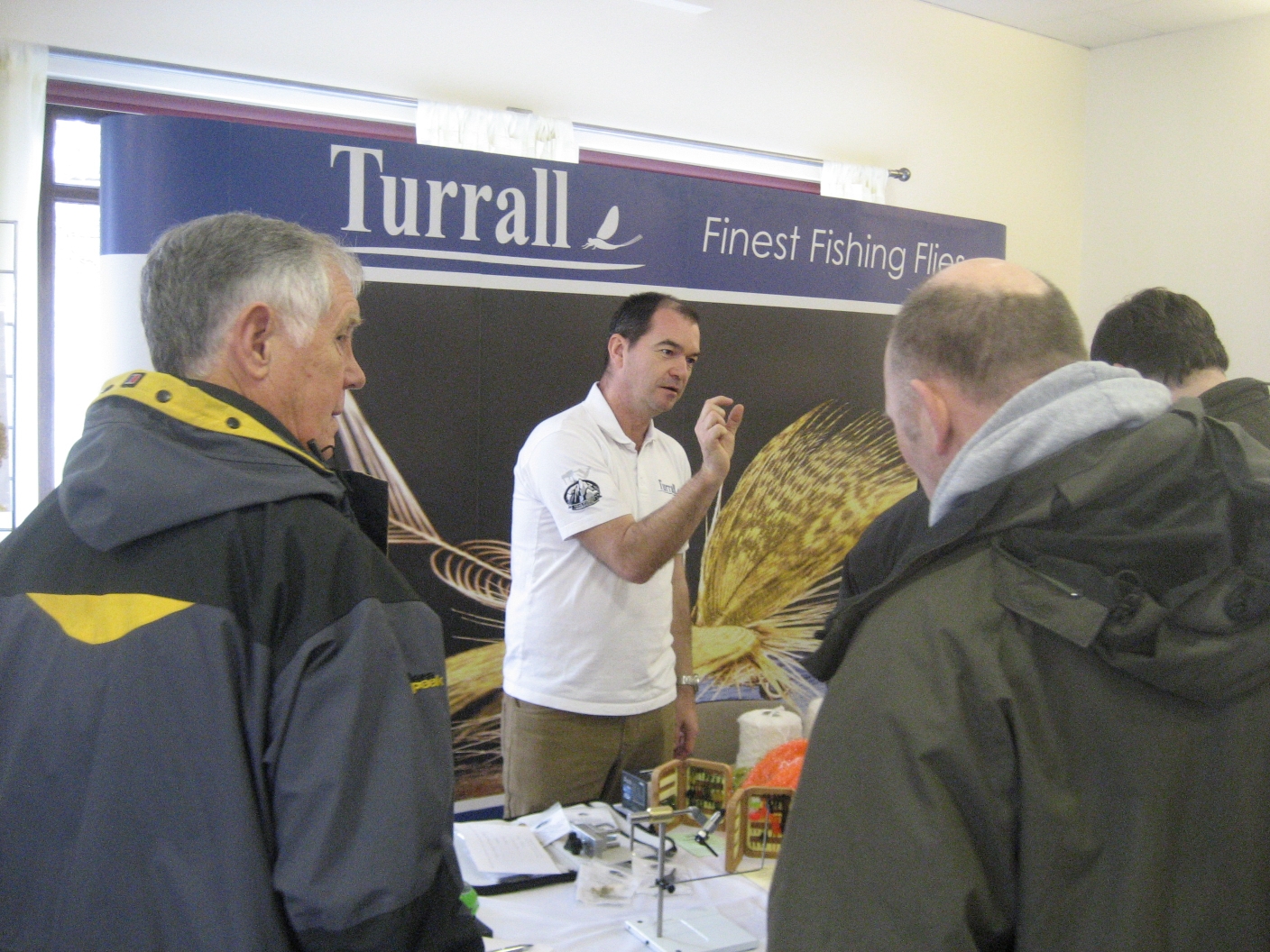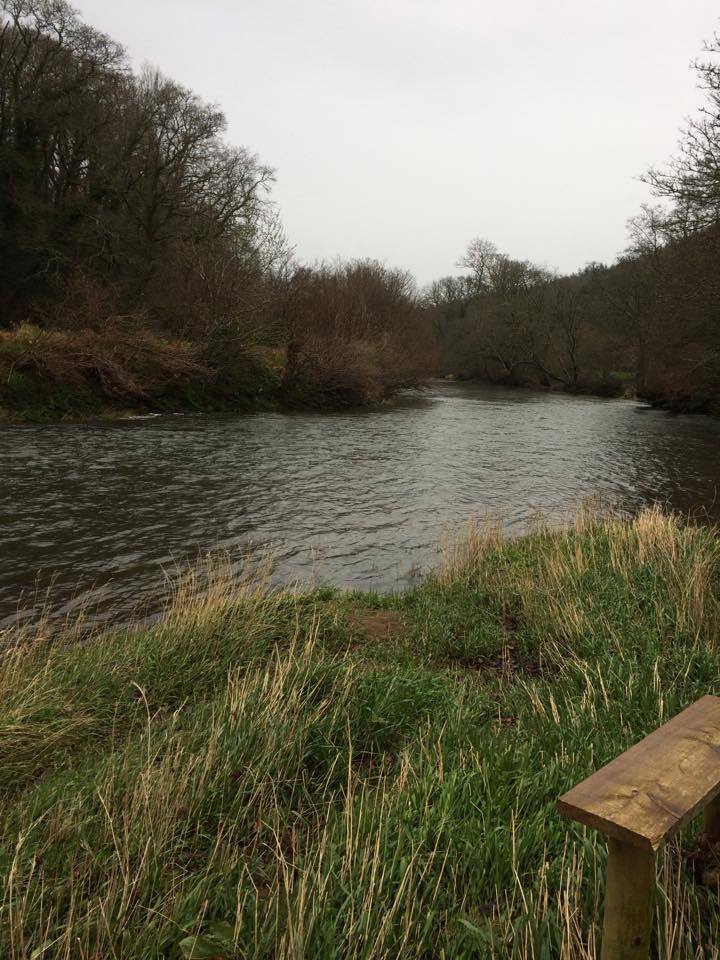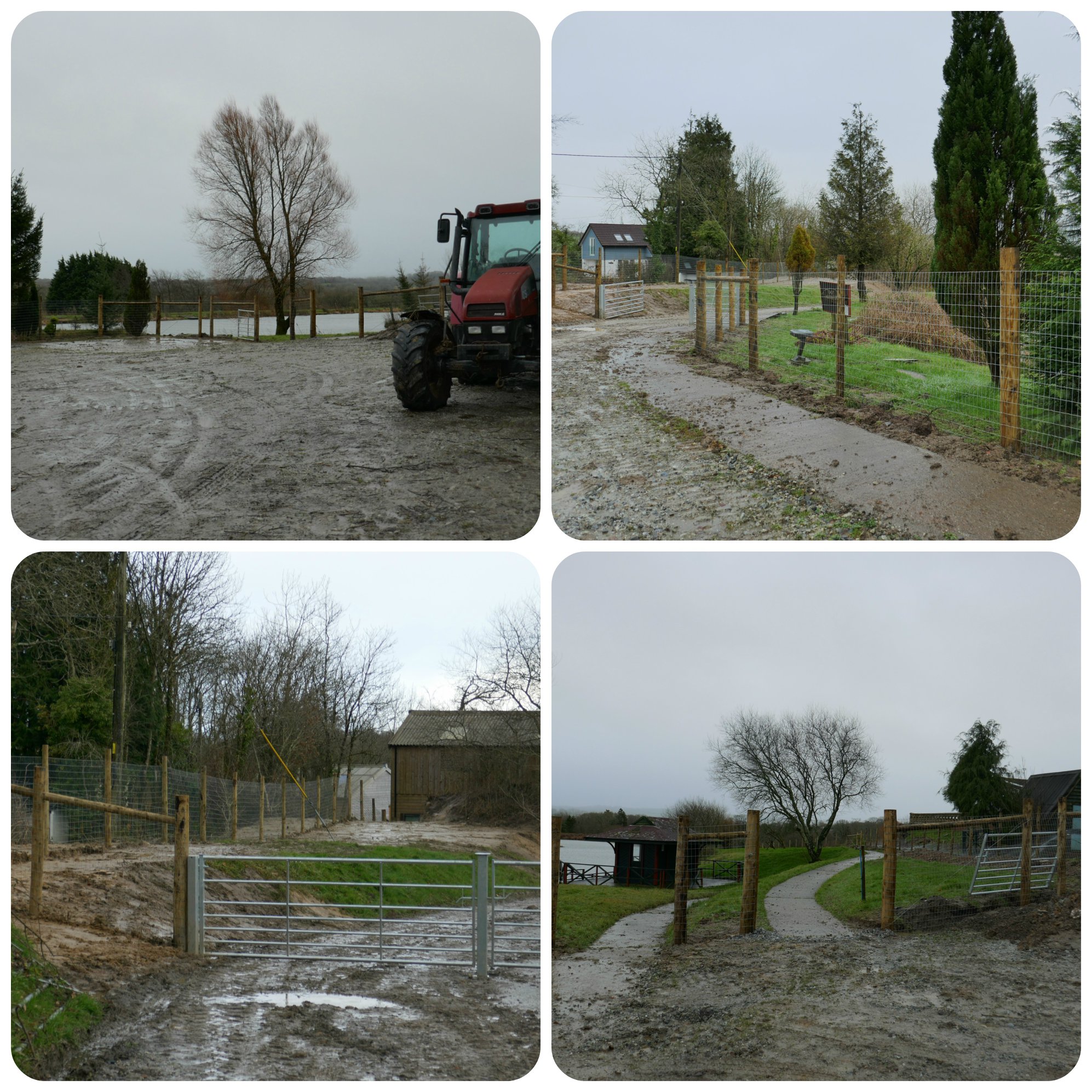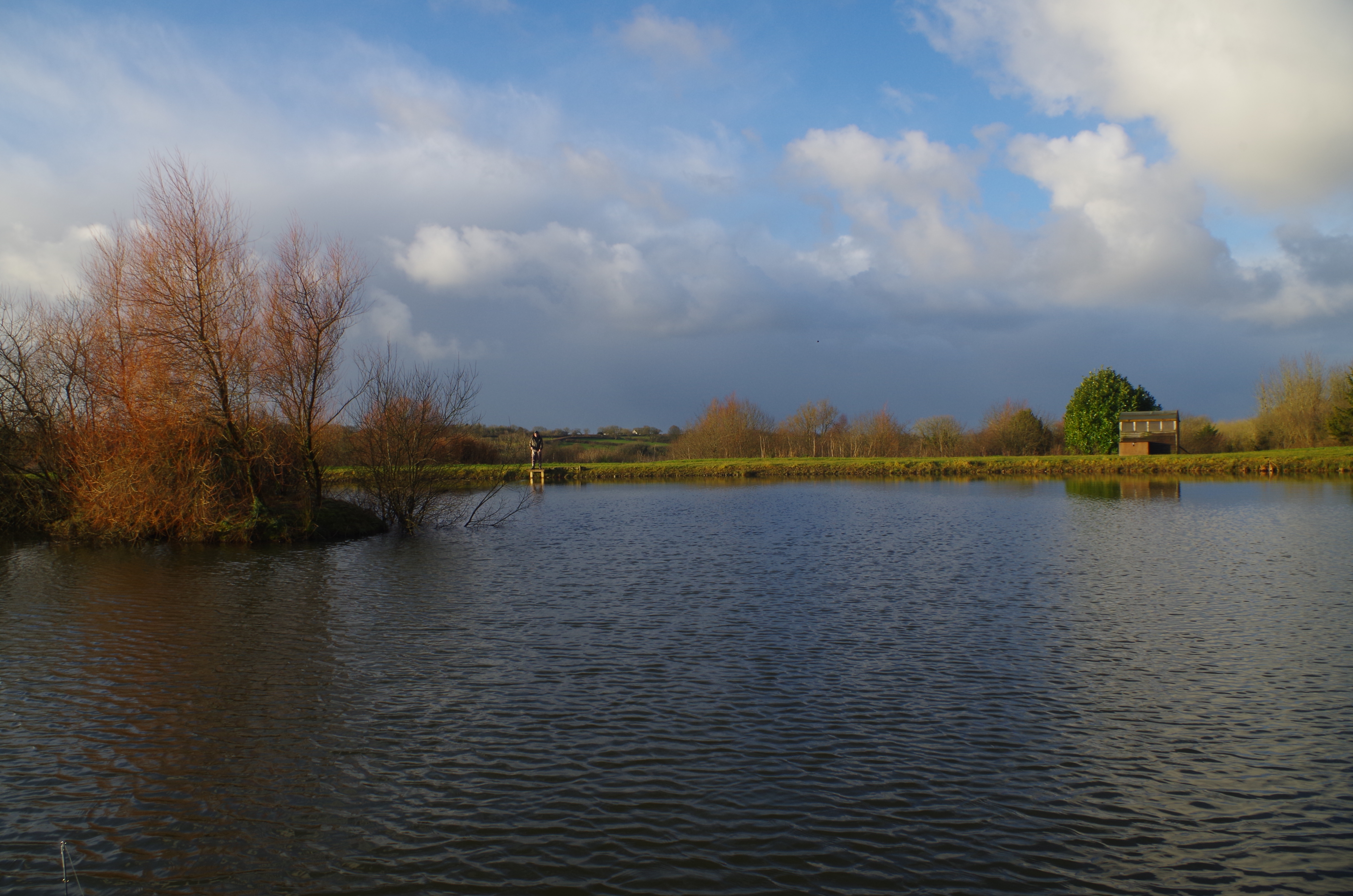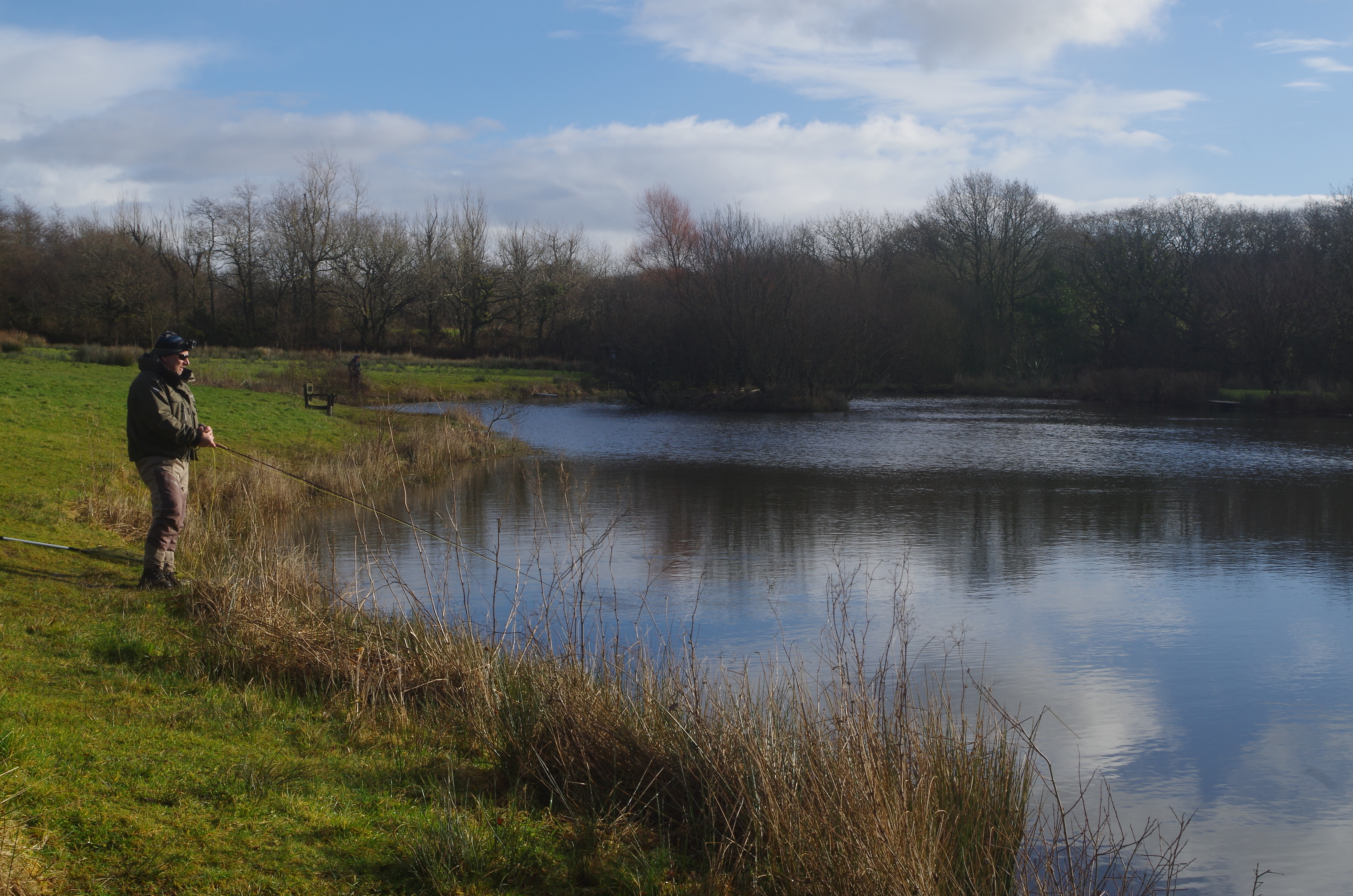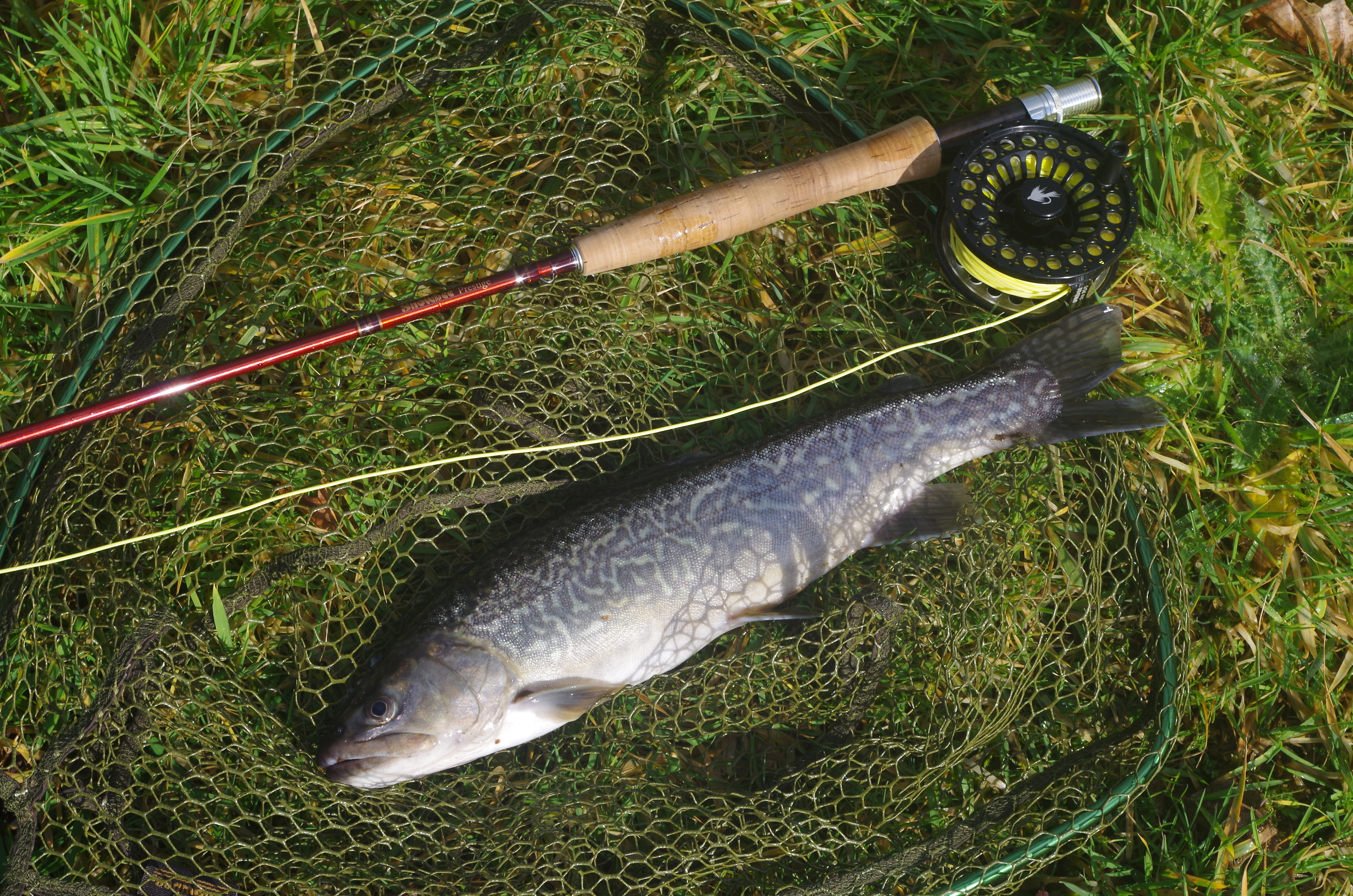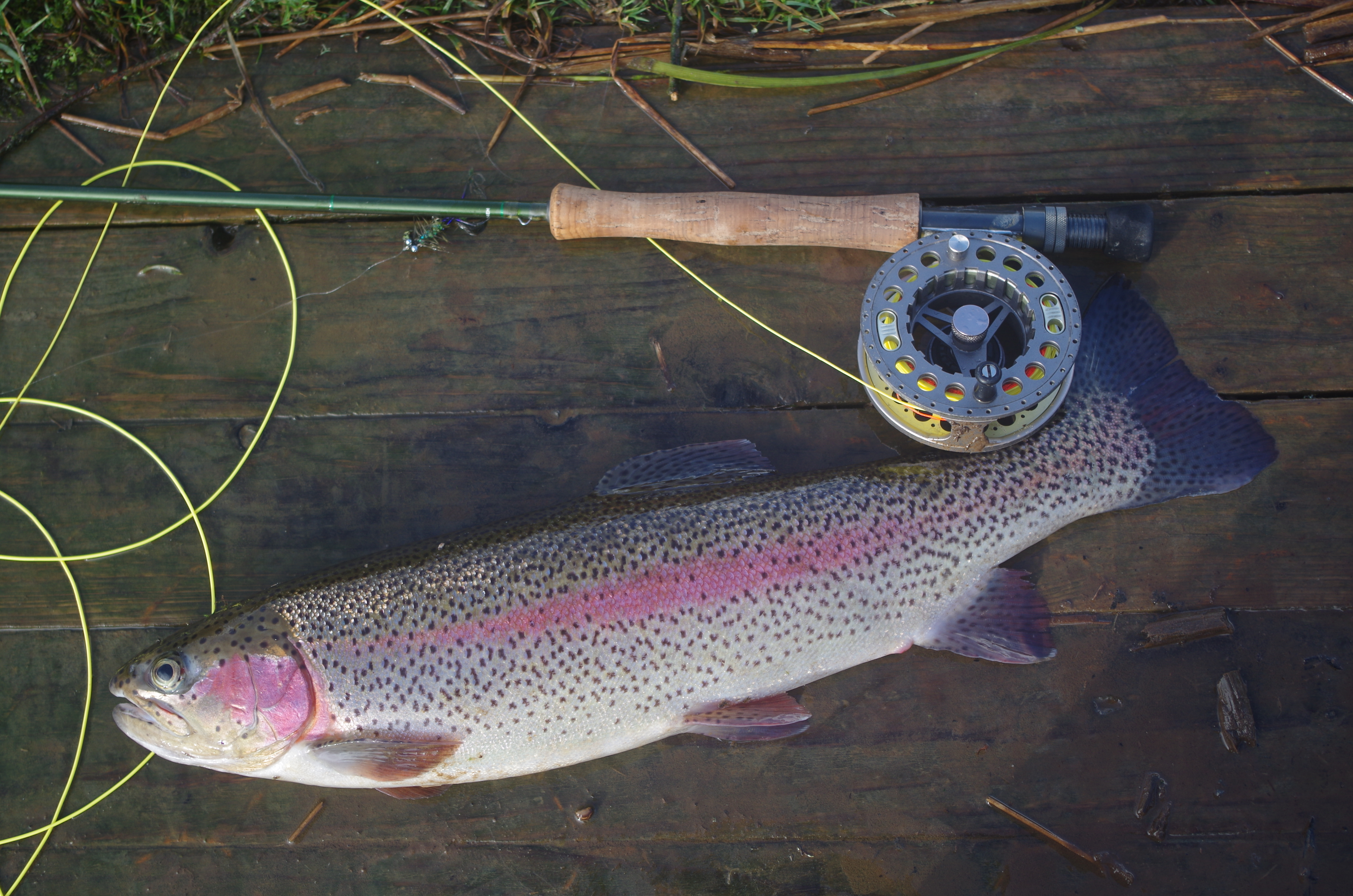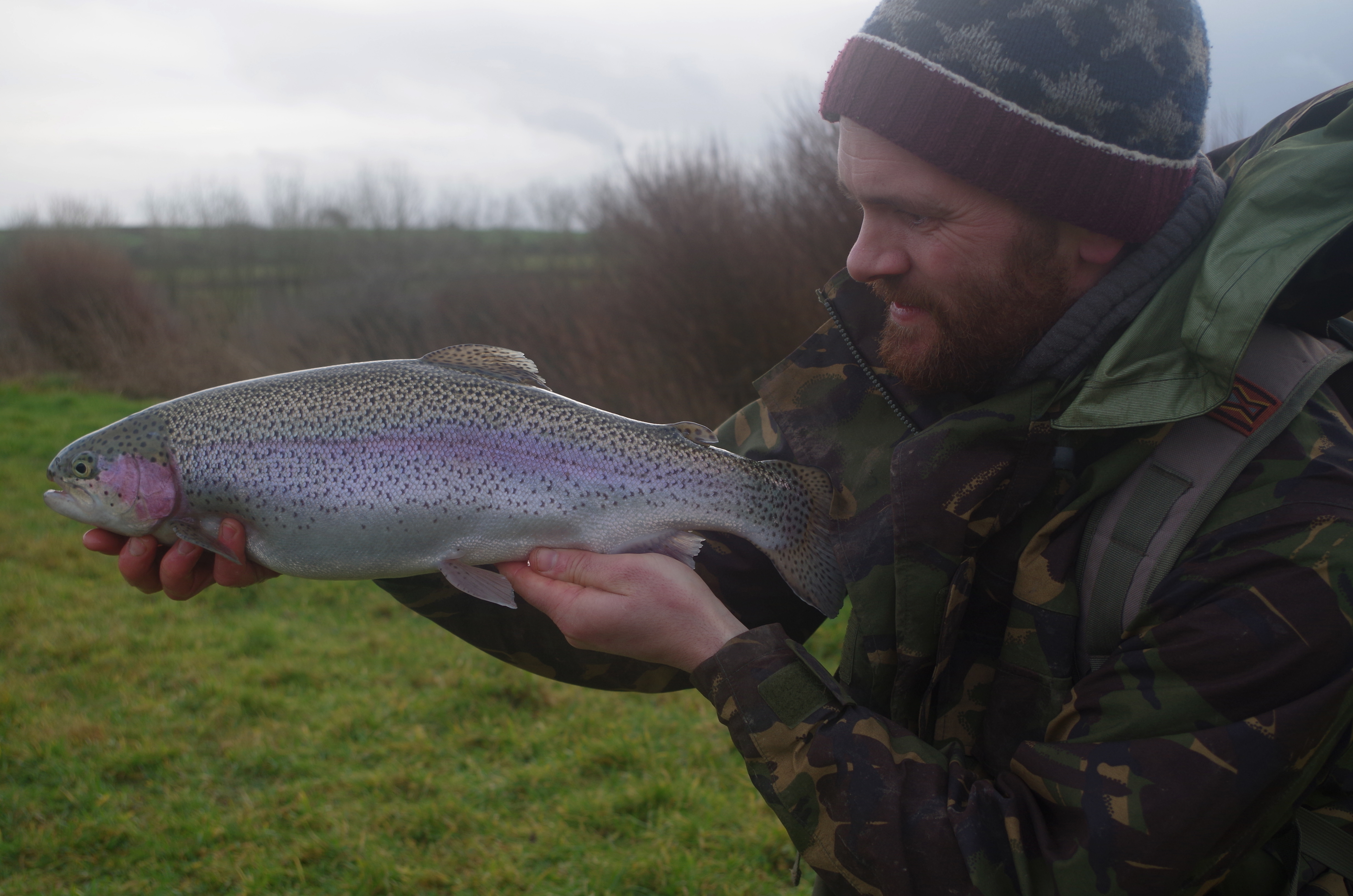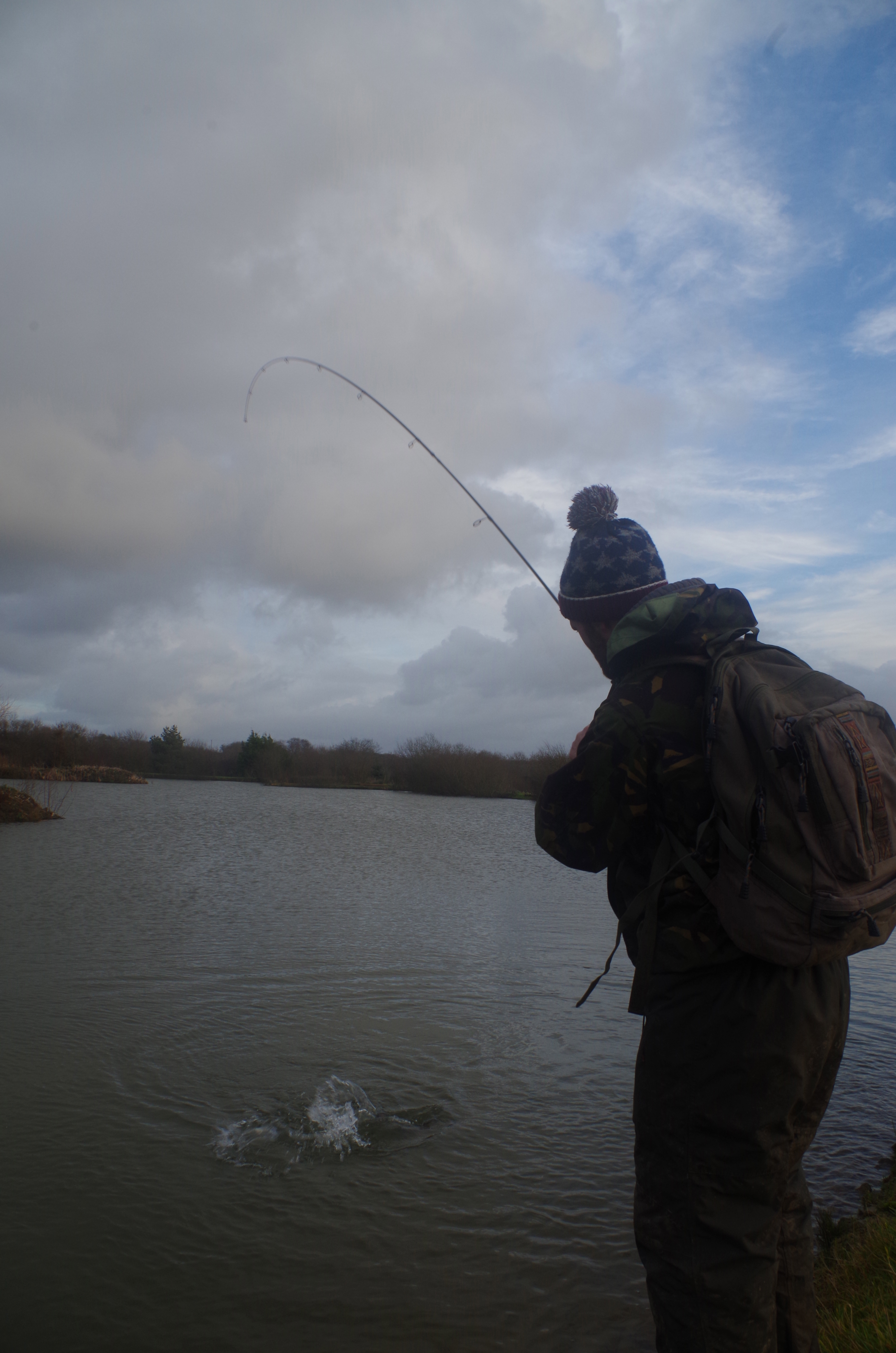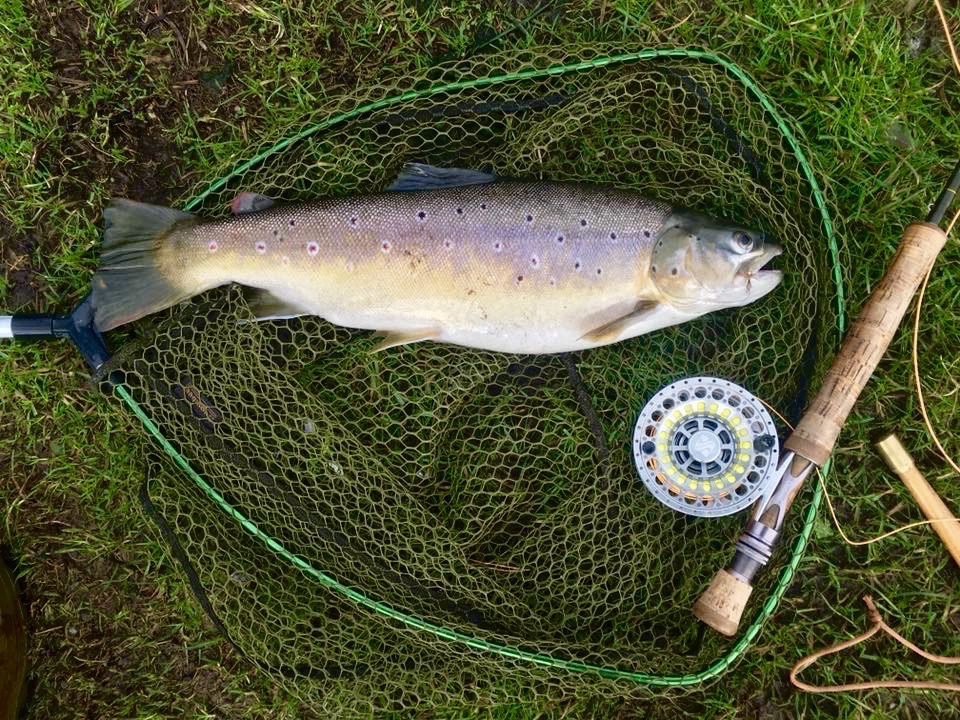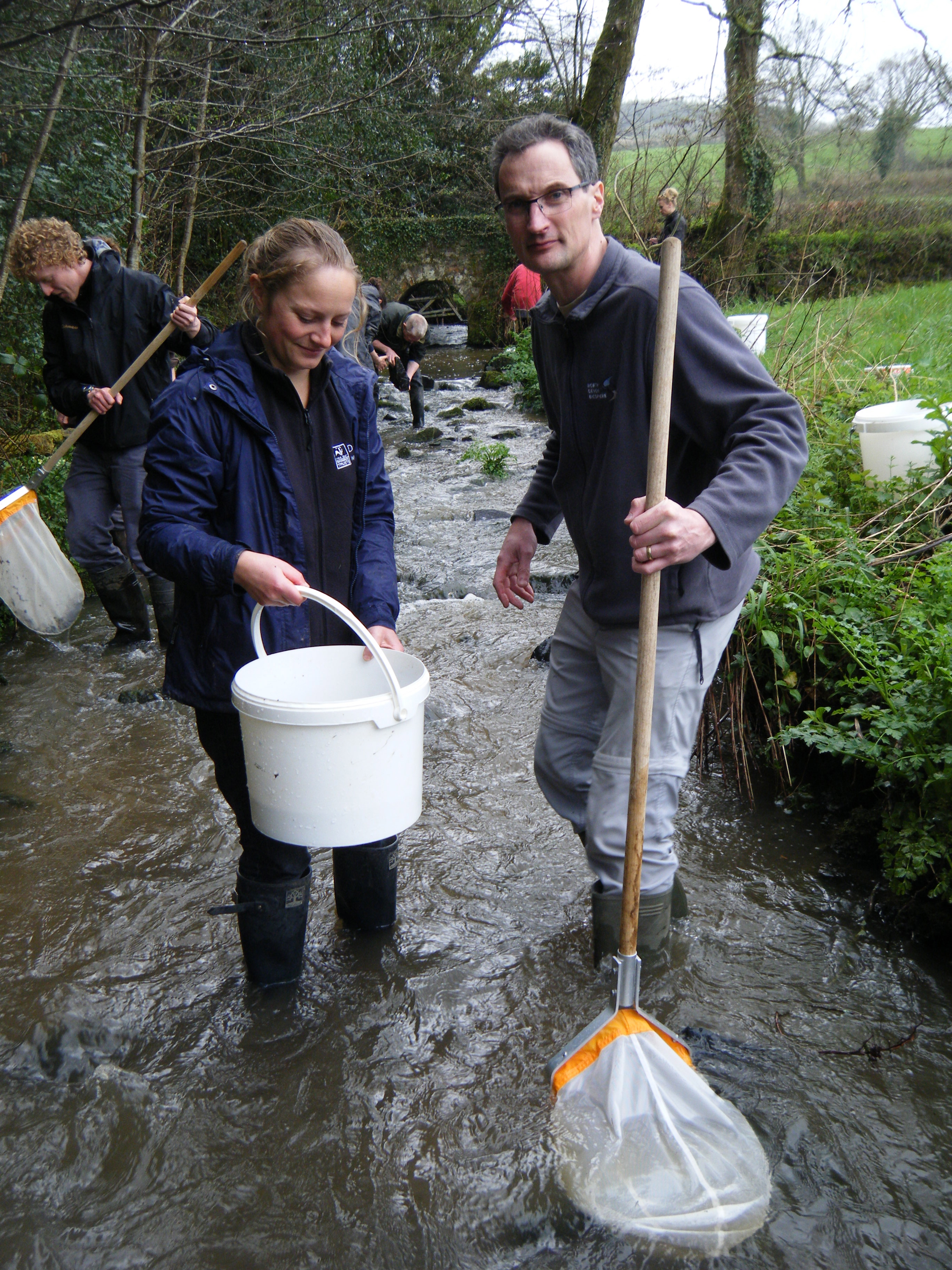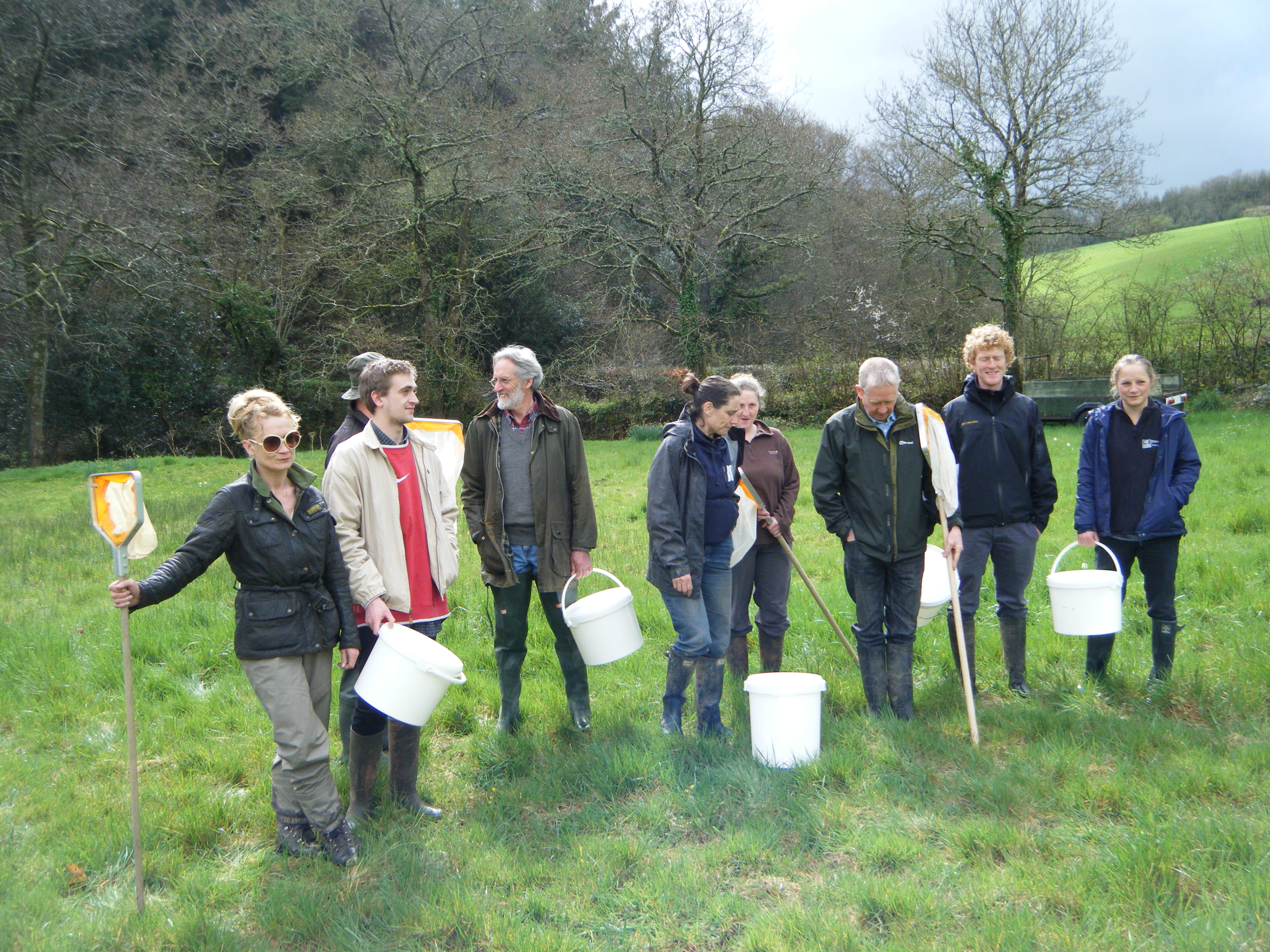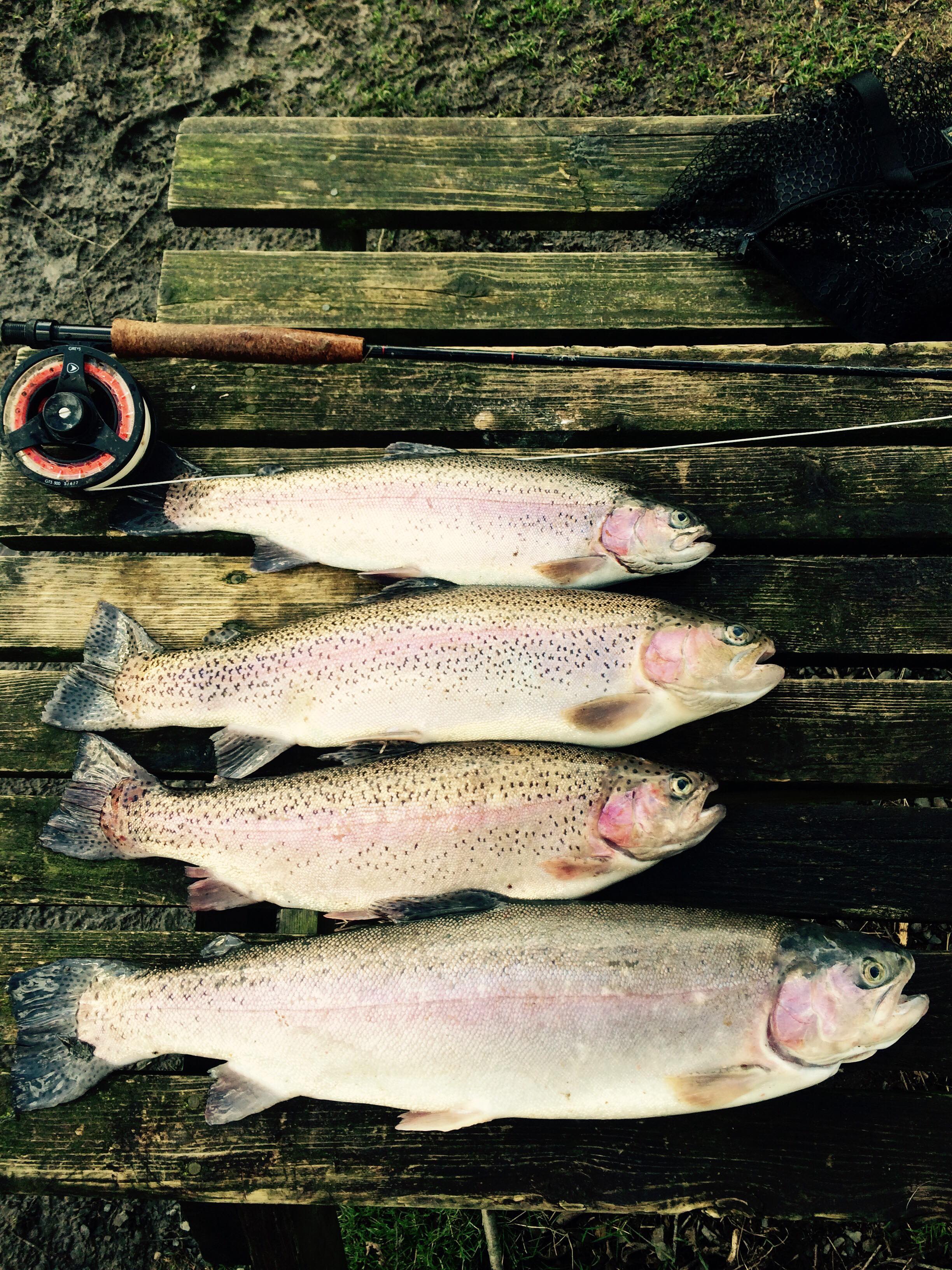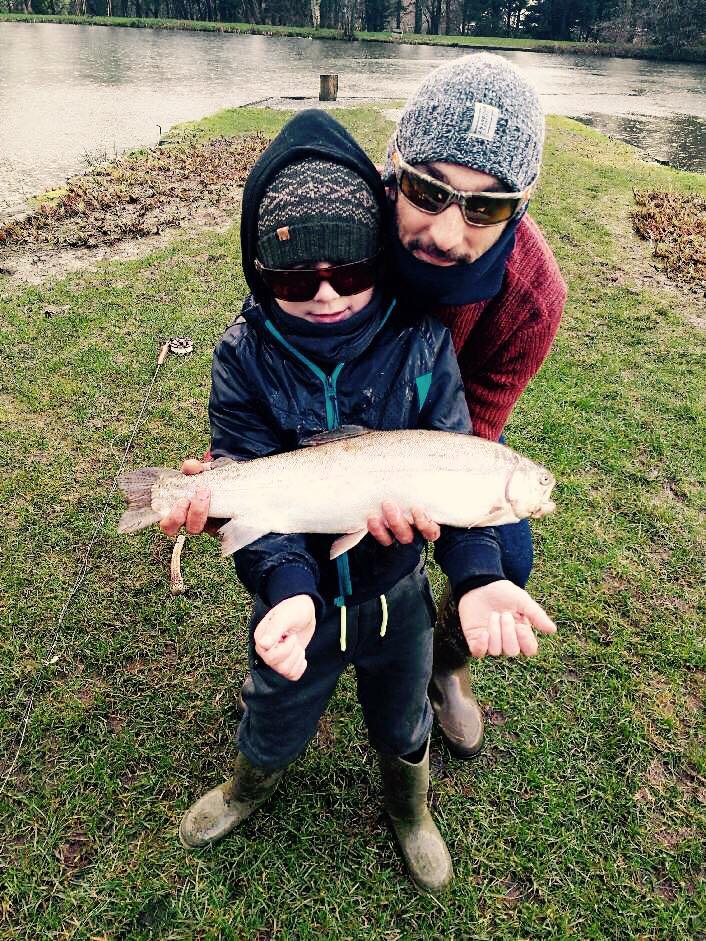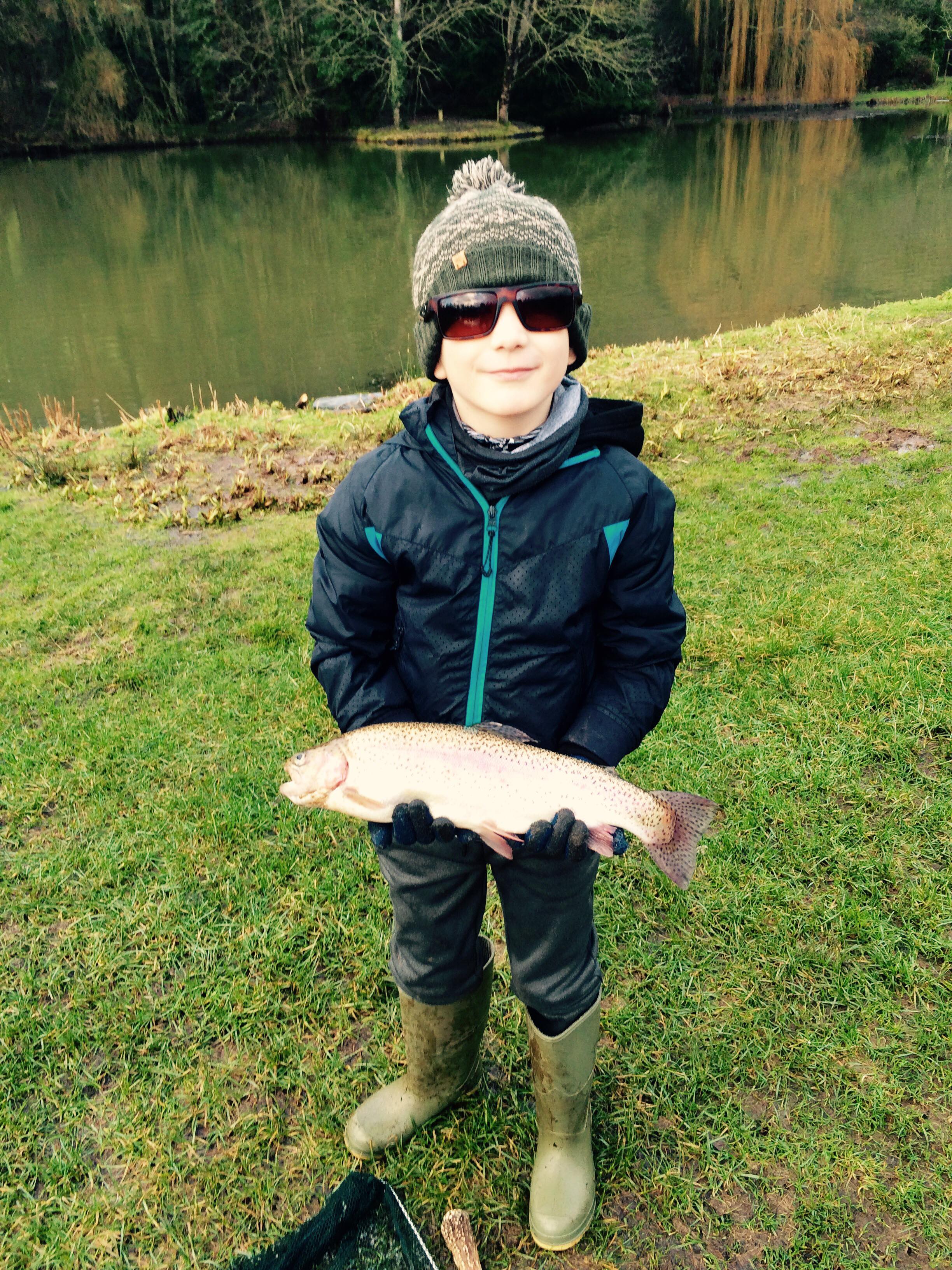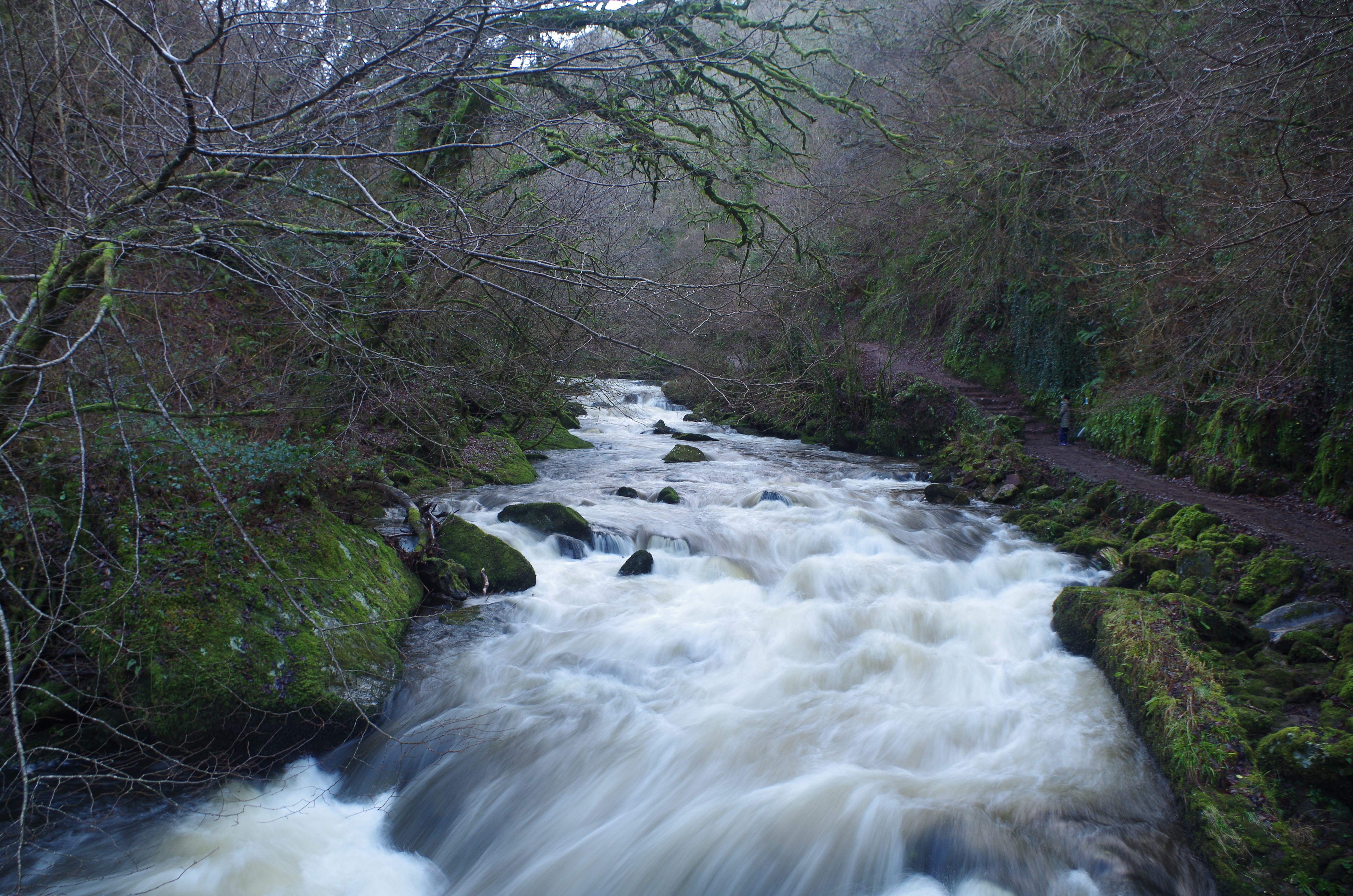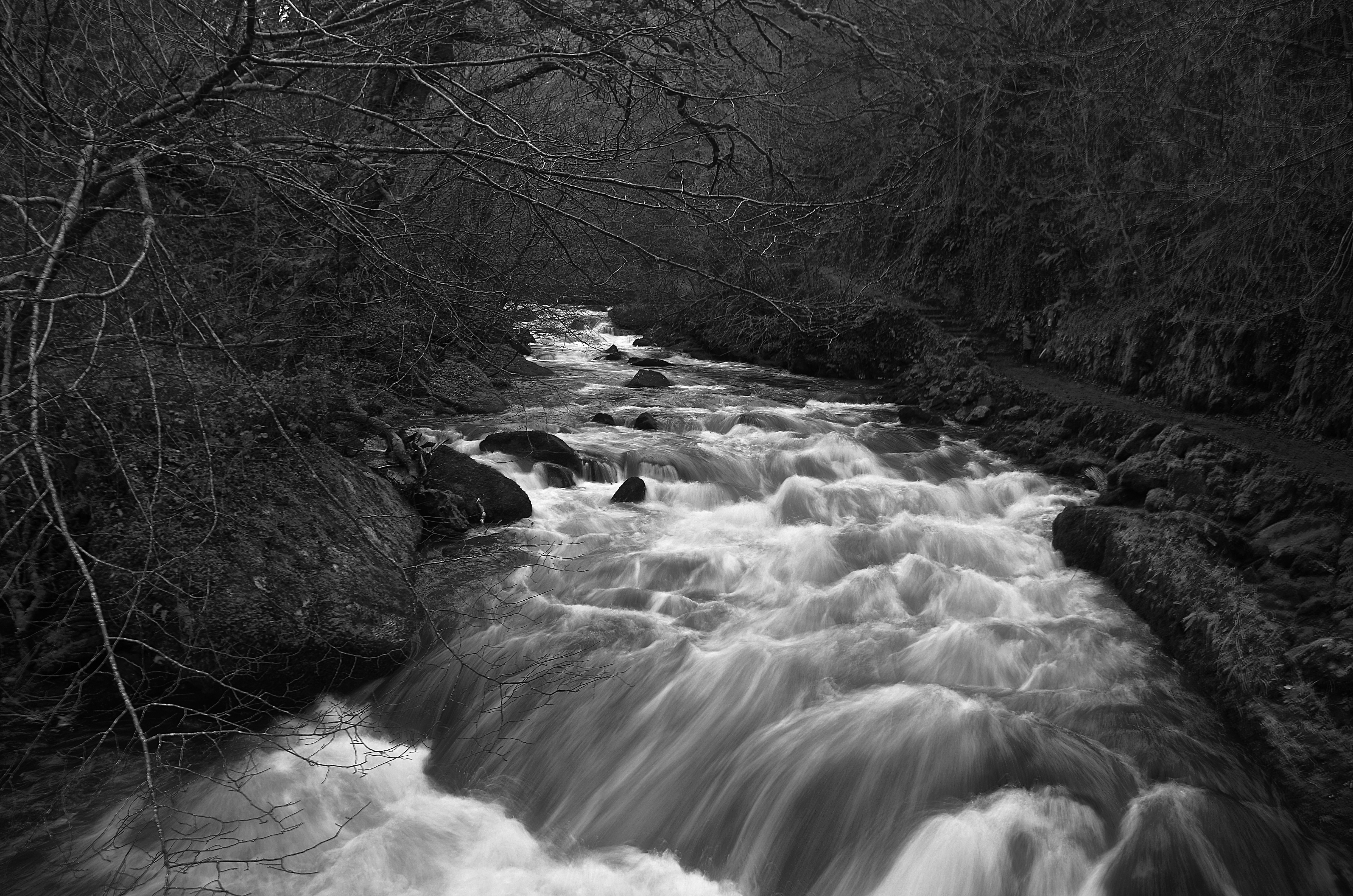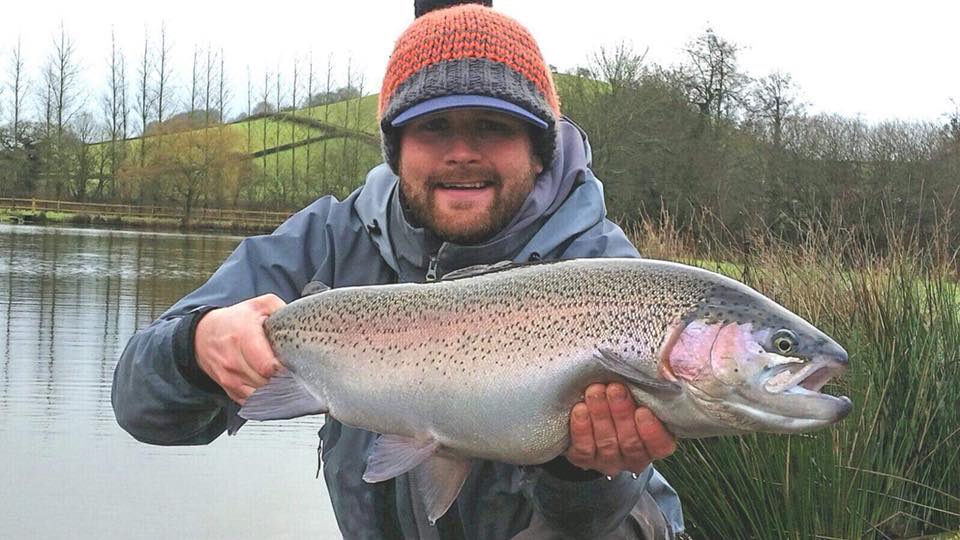I recently attended the Torridge and Taw River fly Celebration event at Newton St Petrock where we met up with members of the River Fly Monitoring Team. This hands on scheme has produced a wealth of valuable data that can give a valuable insight into the ecological state of our rivers. I have tried to collate some highlights from the data provided and will update when I receive news of forthcoming training events. For more information please visit;- The River Fly Partnership website :- www.riverflies.org
Email from Izzy Moser to those who attended the event.
Dear all,
Thank you for attending the Riverfly Celebration Event on Wednesday evening this week. It was really excellent to finally put some faces to names and there were a huge number of helpful discussions during the meeting, so thank you for this.
I have tried to list some of the main discussions in the notes below, but if I have missed anything, please do let me know and I will add it to the notes before circulating to the wider network.
Notes from Riverfly Taw/Torridge Event 10/01/2018:
1. There were discussions on incident reporting and what types of incidents should be reported to the Environment Agency Hotline. Volunteers were asked to report incidents with photo’s if they weren’t sure to their local Wildlife Trust or Rivers Trust. The Environment Agency Hotline Number is for incident reporting: 0800 80 70 60.
2. Volunteers requested a list of sites that would be high priority for monitoring so that new volunteers can look to take on these sites.
3. Some volunteers expressed interest in occasionally surveying an additional high priority site instead of their usual site if their usual site is consistently achieving good invertebrate numbers. Thank you for this suggestion Geoff.
4. Discussions were had on the spread of sites and whether some volunteers may want to move their site to avoid being too close to an existing site. Volunteers should discuss any concerns with their Riverfly Co-ordinator.
5. Lots of discussions were had on how to get more volunteers involved in the Riverfly programme and how training only once a year is a limiting factor of the project. Discussions were had on whether more people could get trained to run the Riverfly Training Day. Ben Fitch offered to potentially help with training small groups (5-6 volunteers) if the Teign Training Event becomes fully booked.
Actions:
1. Please could everyone send any contact details of volunteers who may be interested in getting trained as a Riverfly Volunteer to Olivia for the River Taw [email protected] or to me for the River Torridge [email protected]. At the moment we are only aware of a small number of people interested in the training events, so for considering the running of future events, we need to know how many people are interested.
2. If you know someone who is interested in being trained as Riverfly trainer please do let me know and perhaps we might be able to look into getting more people trained, although we can’t guarantee anything.
3. If you have any concerns about your site, or would like to register a new site, please contact your Co-ordinator I.e. Olivia for the Taw [email protected] and me for the Torridge.
I have attached the details of the Water Framework Directive status for the River Taw and Torridge classifications. Under the column for ‘status’ it lists whether the catchment is in ‘poor’ or ‘moderate’ status. You can use the filter to also show catchments that are in ‘good’ or ‘high’ status. I have also filtered it so that it shows data from 2013-2016 in the ‘year’ column although you can look at data earlier than this if you want to by changing the filter. This should help you to pinpoint catchments that are higher risk for pollution in the ‘poor’ and ‘moderate’ category. From my knowledge of the River Torridge catchment, I am aware that the following tributaries have water quality issues: Dolton Streams, Iddesleigh Streams, River Mere upper catchment, River Mere lower catchment (already monitored), Whiteleigh Water (already monitored), Pulworthy Brook (already monitored), Dipple Water (already monitored), Bideford Yeo (already monitored) and Waldon (already monitored). Unfortunately I cannot give the same information for the Taw catchment, but hopefully the attached spreadsheet should help pinpoint some of the catchments with issues.
I am away next week so will not respond to any emails, but should be back on the 22nd and can answer any queries then.
Thanks once again for your support. It’s a real privilege to work with people who are passionate about their local rivers.
Best wishes
Izzy
Izzy Moser
Freshwater Pearl Mussel Officer
Northern Devon NIA
Devon Wildlife Trust
There is a need for more volunteers on the Taw system.
Torridge and Taw Riverfly Celebration Event
January 10th 2017 at Owl Barn Studio, Little West Hole, Newton St Petrock, Holsworthy EX22 7LW, from 6:30pm
